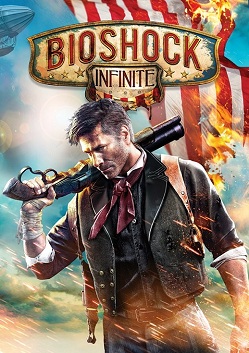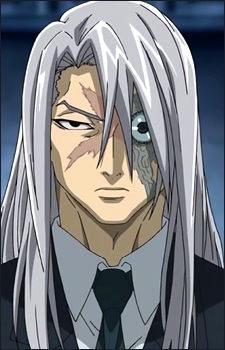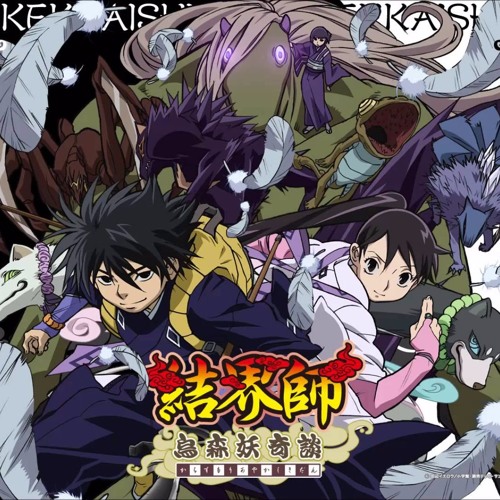
I didn't like it as much as bioshock 1 or 2, even though the quality was much better than 1 or 2. Maybe I did enjoyed it more than bioshock 2?? but that was about it. I guess this was another game that showed that storytelling and ending was just as important as game play.
Bioshock 1 was about the conflict between personal choice and 'destiny' the players were forced to perform most of the game play to continue the story, but in the end of the whole game, the players fought against someone who has guided their narrative, insighting that players indeed at least had some choices in life, like going against fate. There were also different outcomes for what choices you've made, which was to save or use the 'sisters'. These aspects made the game engaging. As humans we desire to stray away from the idea that our life is a preset linear course by some deity. Most players saved sisters, simply as humans we liked helping each other to a certain extent. We enjoyed seeing that helping each other was indeed the correct choice.
Bioshock infinite... hmm... had a message about choice, but to link it with multiverse theory and consequences, it became way too complicated to involve character choice and lead to multiple endings. Bioshock infinite, without the ending and the general storyline, is a great game. There are engaging gameplay with skill sets that is fun to build. There is no one right way of defeating an enemy. You are forced to be creative with your limited ammos and weapons in hand. I died so many times fighting this universe version of big daddy, handyman, and I was annoyed to hell. But I realised that the environment and the new gameplay made it possible to fight these things without a huge hurdle. The skylines, elizabeth as support and the surrounding obstacles made the map more engaging rather than just forcing you to hide and shoot most of the time.
The reason why I didn't enjoy it as much, was due to the story and the ending. You know how some mysteries are like a knot. there's a bit of annoyance in untangling them, but ultimately, when you do untangle them, there's a good satisfaction and you see the whole picture nicely. Well this one... it was like, "Hey!!!! Multiverse. That's it. The end". It was so unsatisfying that I felt deflated after the game, thinking, 'where's the rest of the game???'. I won't spoil the game. Although not as challenging as time travelling concept, the multiverse concept is still a hard one to implement into a story without some sort of a plot hole. Comstock's abilities to predict the future was very vaguely constructed. Since it's poorly constructed, I guess it's way easier for the creators to say, "oh. Just cause." and move on, but that makes it all the more annoying. Same thing with tears. Because the idea of tears were... hmm... weirdly formed? Opening tears seem to do different things depending on what the writers wanted. Whilst that's handy for the writers, it's again, one of those things that just annoys the players invested in the story because all mystery answers seem to just be 'hey, all these stuff happened, because of magic.' I'll give you an example of how the narrative of 'tear' changes. It's treated like a window sometimes, where the tear occurs on one side, but the other side is unaware. It's treated like a doorway some times, where people can go through. It's treated like a universe shifter as well, where opening a tear basically changes the whole universe everyone is in, or if it doesn't fit the narrative, only a few people are transported when the tear is open. Elizabeth's abilities range from, being able to open a tear in any part of the world, to only that specific part of the world they're in, and being able to open a tear in a different universe, to a tear in the same universe. Honestly, I have no idea why she didn't just escape to a different part of the world when her abilities grew, according to the game, due to her age. I also don't understand how comstock didn't really see this happening to this extent and made better plans as a prevention.
This one is like the most minor complaint, but you know those particles that are meant to be stuck in space to create the floating city? Well, if they're moving with the earth's rotation and orbit around the sun, they're not really 'suspended' are they now? They're just levitating against gravity in a location above it's original location, isn't it?? Whatever. We'll just conclude it as another 'magic' moments where scientists can magically control the particle location as they please.
Also, if we stick with the multiverse theory that keeps the person coming in or out to different universe, completely unhinged, the ending makes no sense. No sense whatsoever. Nothing should've disappeared. (that's a small bit of spoiler).
All in all, I probably won't be playing the game again. So I'll give this like... I don't know... 6/10?
Oh... and I found out that.... there was another game... Bioshock infinite, burial at sea -_-... SIGH...
actually, I'll spoil it
I still hate the ending of bioshock infinite, because it goes against the idea of multiverse. Booker dying should just create another timeline and another set of universes, rather than erasing all the other universe. If the Elizabeth's that we see time travelled within their own universe, then we should've seen a different booker, rather than travelling with the same booker and he turns into the young booker. Also just like the luteces, elizabeth should not have disappeared, but stay in a state where she exists and doesn't in order for her to murder her own father, but also not being born at the same time.
More update, I just found that the DLC game, bioshock infinite, burial at sea, basically states that.





